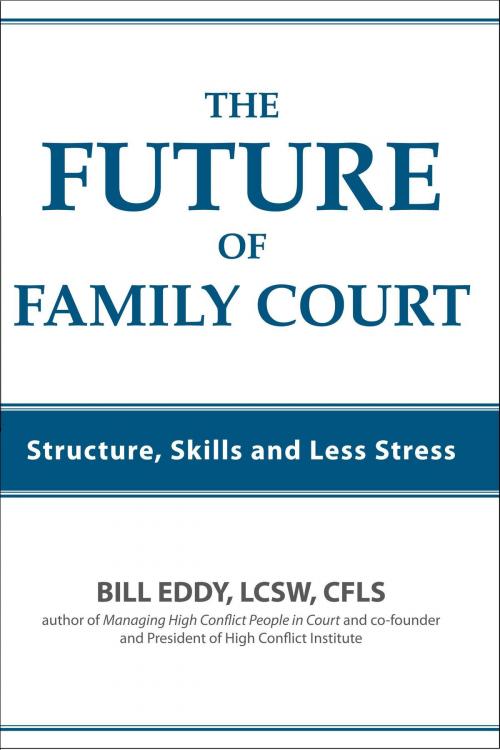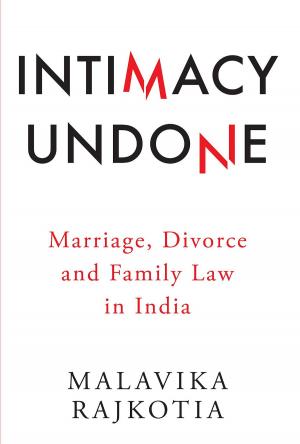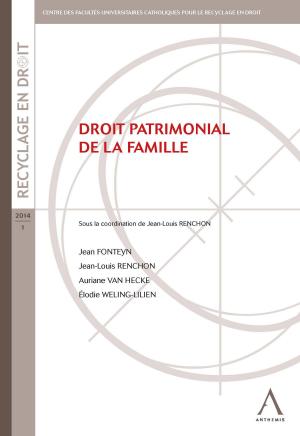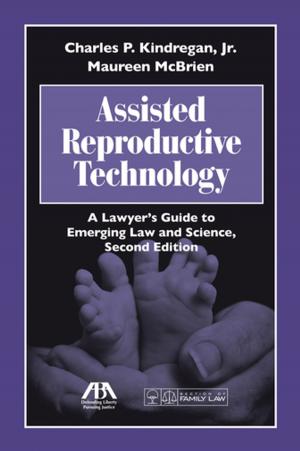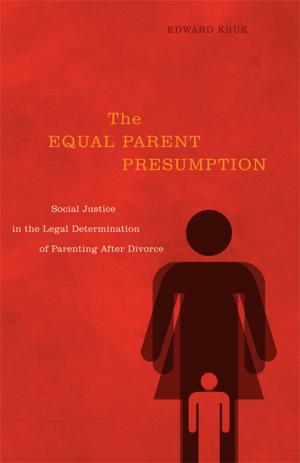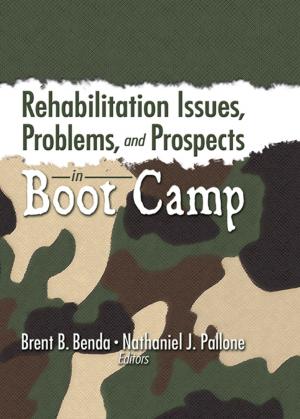The Future of Family Court
Structure, Skills and Less Stress
Nonfiction, Reference & Language, Law, Family Law| Author: | Bill Eddy LCSW Esq | ISBN: | 9781936268504 |
| Publisher: | HCI Press | Publication: | August 15, 2012 |
| Imprint: | Language: | English |
| Author: | Bill Eddy LCSW Esq |
| ISBN: | 9781936268504 |
| Publisher: | HCI Press |
| Publication: | August 15, 2012 |
| Imprint: | |
| Language: | English |
The Future of Family Court is designed for judicial officers with an emphasis on applying lessons learned from the field of mental health to the family court system, especially when working with parents with personality disorders or traits. Written from Bill Eddy’s perspective as a family lawyer and mental health professional, and as a trainer of judges in managing high-conflict people in court, he provides tips on what individual judges can do, rather than recommending sweeping changes in the court system or creating new players in the decision-making process. The court is in a good position to prevent child stress from the start or to reduce it by mandating efforts for positive change by their parents – from ordering parenting programs and classes, to setting limits on emotional attacks during the hearing process. Judges who apply the principles described in this book should feel a much better sense of control over their courtrooms and less stress, as the families are doing more of the work, practicing conflict resolution skills that will help them raise their children out of court, or showing each other’s patterns of behavior to more accurately see what needs attention and protective orders.
The Future of Family Court is designed for judicial officers with an emphasis on applying lessons learned from the field of mental health to the family court system, especially when working with parents with personality disorders or traits. Written from Bill Eddy’s perspective as a family lawyer and mental health professional, and as a trainer of judges in managing high-conflict people in court, he provides tips on what individual judges can do, rather than recommending sweeping changes in the court system or creating new players in the decision-making process. The court is in a good position to prevent child stress from the start or to reduce it by mandating efforts for positive change by their parents – from ordering parenting programs and classes, to setting limits on emotional attacks during the hearing process. Judges who apply the principles described in this book should feel a much better sense of control over their courtrooms and less stress, as the families are doing more of the work, practicing conflict resolution skills that will help them raise their children out of court, or showing each other’s patterns of behavior to more accurately see what needs attention and protective orders.
